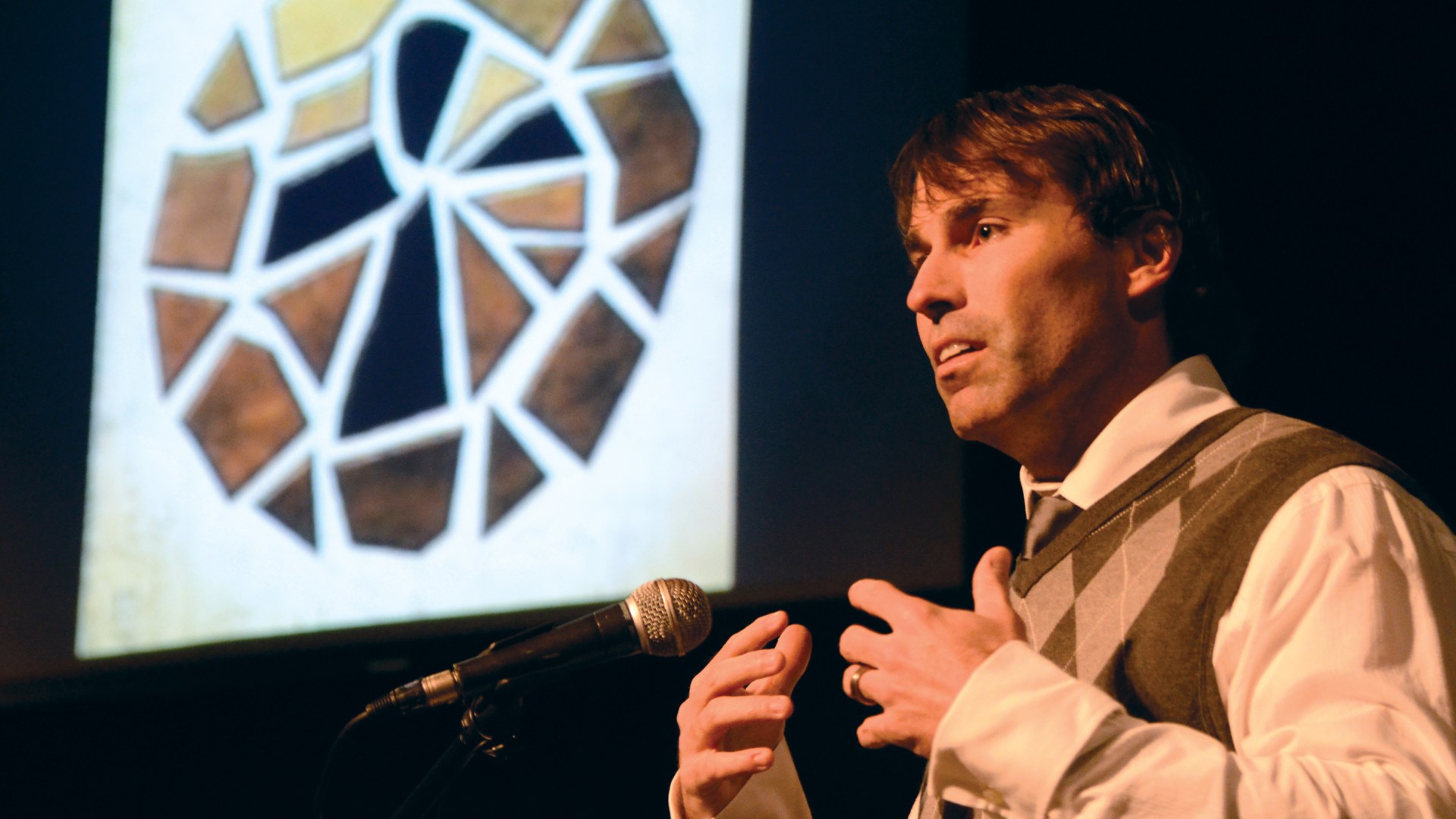A Christmas Eve shootout prompted a government crackdown and eviction of a Chattanooga, Tennessee, church and its controversial gang-outreach program.
Residents have criticized Club Fathom, run by Mosaic Arts Venue pastor Tim Reid, for hosting secular concerts for teens that have turned rowdy. Police have responded to at least 19 assault calls there since 2006.
City officials asked for an injunction to close down the club and the church after a Christmas Eve event attended by about 400 people ended in a gunfight that wounded 9.
A judge granted a 15-day restraining order, allowing only church services and Bible studies and capping occupancy at 100. Soon thereafter, Mosaic's landlord evicted the church.
"Under the current mayor's administration and court rulings telling us how we are to conduct our worship services and what types of people we can or cannot allow—it makes it impossible to live out the gospel of Jesus Christ to love and accept all," Reid posted on Mosaic's Facebook page.
But Mayor Ron Littlefield calls Mosaic a "business masquerading as a church."
Tennessee's religious freedom laws require that the government show a compelling interest before interfering in a church's dealings, said Thomas Berg, a church-state expert at St. Thomas School of Law in Minnesota.
"Physical violence, rape, and other criminal acts are the kind of thing that, under any theory of religious freedom, the city has the authority to punish," he said. If such acts happen often enough, a city can rely on the doctrine of "general nuisance," which is what happened in the Mosaic case, he said.
Security is imperative in outreach to gangs, said Boston pastor Eugene Rivers. "If one is going to host quasi-secular events and entertainment, and be in the inner-city community, you've got to secure your space in the most literal sense," he said. "If you cannot guarantee the safety and security of people who participate in your program, you shouldn't do it."
Mosaic has the right goal, said Rivers, but finding effective strategies is difficult.
"The [church's] current wineskins and paradigms are inadequate for meeting the needs of 20- to 40-year-old males in the inner city," he said. "I suspect [Reid] is in a period of trial and error where he's experimenting with ways to reach out to the lost."
Anyone experimenting with new models is going to make mistakes, but tactics cannot compromise integrity, he said.
Sonny Arguinzoni Jr., senior pastor of Victory Outreach in Chino, California, agrees. Gang ministries walk a fine line between being accommodating and being prophetic.
"We're not just duplicating what's already out there in the world," he said. "Jesus didn't have to become a prostitute to reach a prostitute, or a drug addict to reach a drug addict. We don't want to make it so worldly that there is no difference between the light and darkness."
How you present the gospel is important, said Arguinzoni. "You can't make the gospel look gray or shady when Jesus says, 'You have to leave this and follow me.'"
Reid did not respond to requests for an interview. Mosaic pastor Chris Edwards told the Chattanooga Times Free Press, "We would do anything to be relevant with the culture; the lost are that important to us. We believe God can use anything."
Copyright © 2012 Christianity Today. Click for reprint information.
Related Elsewhere:
Previous Christianity Today articles on challenges in missions and ministry include:
Counterterrorism Laws Hamper Humanitarian Aid | The red tape preventing relief. (January 16, 2012)
How Charity Can Be Toxic, Just in Time for Christmas | Bob Lupton explains how to avoid destroying dignity. (December 21, 2011)
Persecution Prompts Missions Agency to Transform | Operation Mobilization India transforms itself into a local witness. (October 21, 2011)
See Christianity Today's news section and liveblog for more news updates.










